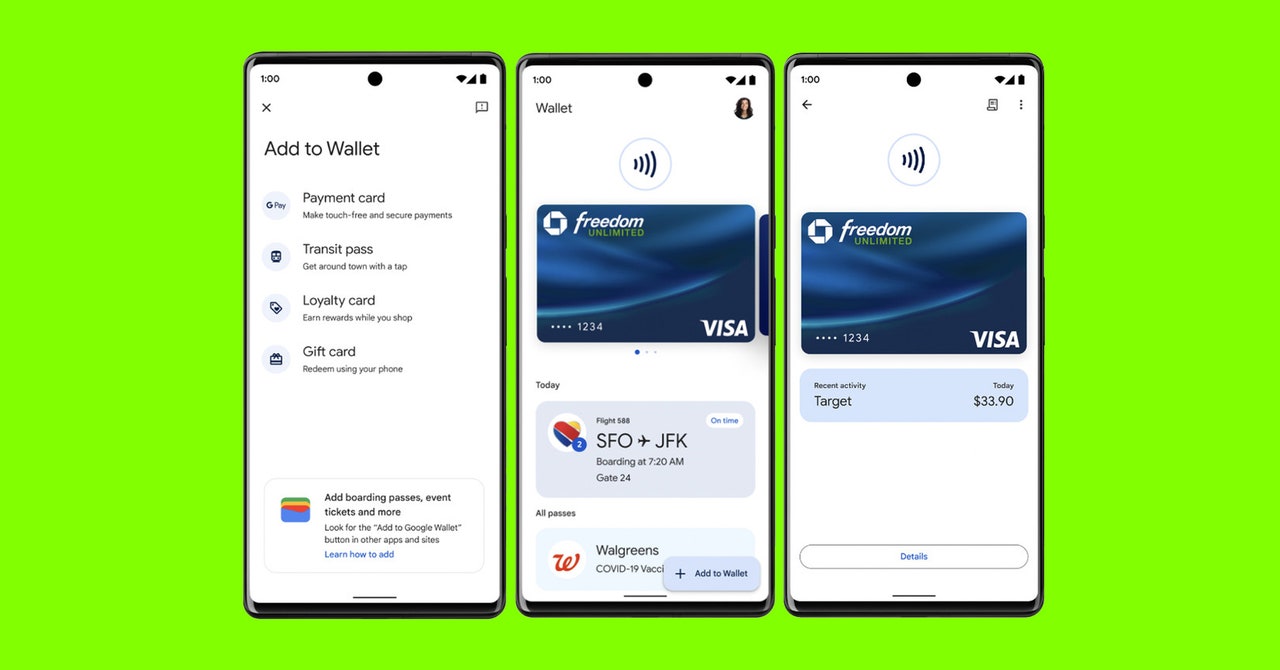Big banks’ proposed digital wallet payment system likely to fail
A group of leading banks is partnering with payment service Zelle’s parent company to create their own “digital wallet” connected to consumer credit and debit cards to enable online or retail store payments.
The new payment service, however, must compete with entrenched digital wallets such as Apple Pay and Google Pay that are embedded on mobile devices and already well established. It’s also not the first attempt for some in the consortium to create a digital wallet payment service.
The consortium includes Wells Fargo & Co., Bank of America, JPMorgan Chase, and four other financial services companies, according to The Wall Street Journal. The digital wallet, which does not yet have a name, is expected to launch in the second half of this year.
The system will be managed by Zelle’s parent company, Early Warning Services LLC (EWS). It will have about 150 million Visa and Mastercard credit and debit cards connected at launch, with plans to add other card networks later, according to an EWS blog.
“Early Warning is working closely with financial institutions to build a wallet that provides consumers a secure and easy way to pay,” James Anderson, EWS’ managing director of Wallet, said in the blog. “The wallet will also aim to deliver better business outcomes for merchants — including higher transaction approval rates and more completed sales.”
The consortium’s digital wallet will be a standalone service, not something under Zelle’s service, according to reports. It’s expected to compete with other digital wallet payment services such as Apple Pay, Google Pay, and Neo. And it will be up against other digital wallets run by banks, such as Revolut, Monzo and Curve and payment organizations that offer PayPal and Venmo.

An uphill fight
The new digital wallet project is not a first for some in the consortium; JPMorgan Chase, for example, shuttered Chase Pay in 2021 — after only a year in operation.
Along with consumer advertising to entice uptake, the bank consortium will also have to spend heavily on marketing to convince retail stores to embed the software into their point-of-sale and online systems, according to Alyson Clarke, a…


